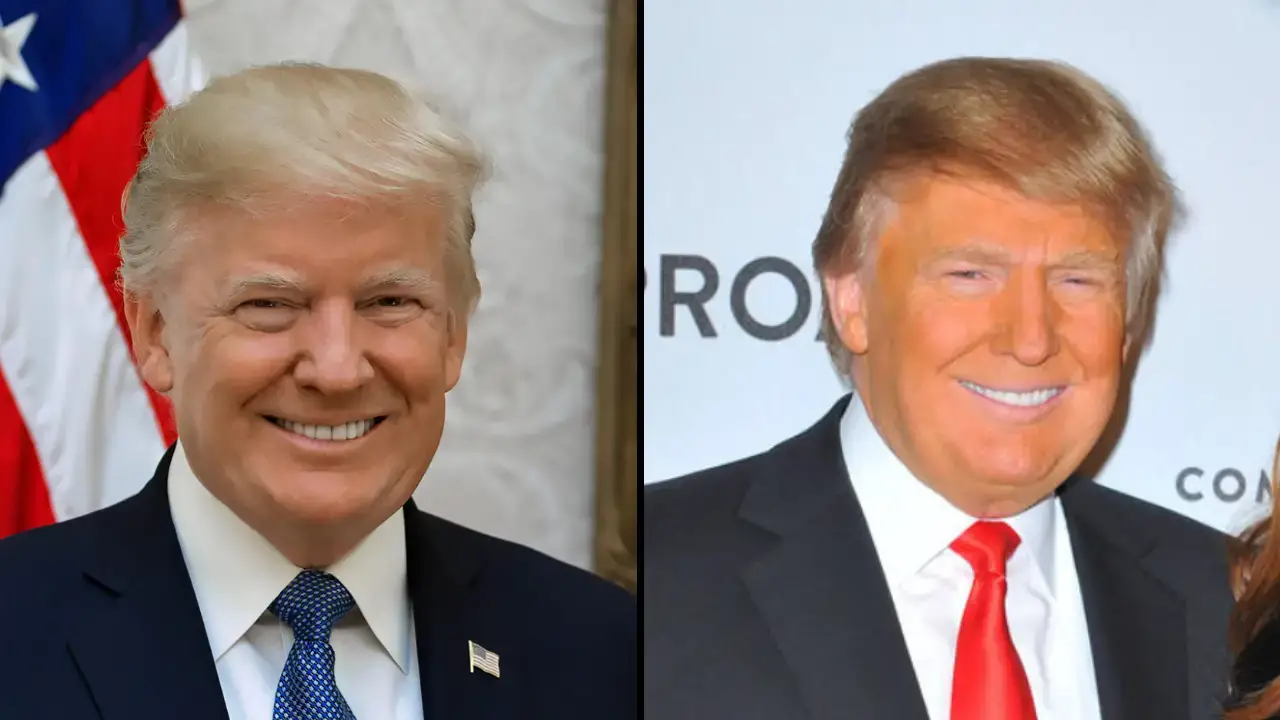
Credit: Alamy
Why Trump Won’t Become President Immediately After 2024 Election
In spite of Trump winning the 2024 presidential election, he won’t become president immediately, for an interesting reason.
The 2024 U.S. presidential election is now over, with Donald Trump winning the most powerful position in the world.
Despite the mounting anticipation, the reality is that whoever wins won’t be taking immediate office.
After Election Day, the process of officially transitioning power can actually take months.

Though millions of Americans voted in the election on November 5, 2024, the final outcome of the contest went to Republican candidate Donald Trump.
As with every election, both candidates were confident in their chances of victory, but it wasn’t certain which party would emerge victorious.
The total count was initially expected to be close enough to trigger potential legal challenges or recounts, although that has not transpired to be the case.
Donald Trump emerged victorious, but he won’t immediately assume the presidency.
In fact, Trump still has a long road ahead before officially taking office.
This is because of the procedural steps that must occur after the election results are confirmed.

In the days following the election, each state must verify and certify its results by December 11.
This verification period allows for any legal challenges or disputes to be addressed, as Trump himself did in the aftermath of the 2020 election.
If any issues or claims of fraud are made, it could delay the certification of the final result.
Once all states have certified their results, the next step is for electors from each state to meet on December 17 to cast their votes for president and vice president.
This step formally finalizes the outcome of the election, but the certification process isn’t complete until Congress convenes to count the electoral votes.
Congress meets on January 6 to tally the electoral votes, and this is a critical moment in the transition process.
The meeting is presided over by the current vice president, Kamala Harris, which could itself become a point of contention, given that Harris will be overseeing a process in which her own political fate is decided.
This is particularly sensitive, considering the events that unfolded in 2021 when rioters stormed the Capitol as Congress was counting the votes that led to Joe Biden’s election.

Once the electoral votes are counted, and everything is finalized, the official transfer of power takes place on January 20, 2025.
On Inauguration Day, Joe Biden will formally hand over the presidency to Donald Trump, who will take the oath of office alongside his new vice president.
Only then will Trump assume the responsibilities and powers of the presidency, officially becoming the 47th President of the United States.
In short, even though the 2024 election results point to a Trump victory, it will be some time before he steps into the White House.
The necessary legal, procedural, and ceremonial steps required for the peaceful transition of power must take place first.
Only after these procedures are completed, which include certification, electoral voting, and the congressional count, will Trump officially begin his second term in office.
Related Article: Everyone Is Saying The Same Thing As Trump Wins 2024 Presidential Election